HSBC experts believe that Vietnam needs to build a transparent, cooperative and stable environment to develop an international financial center, attract investment and promote innovation.
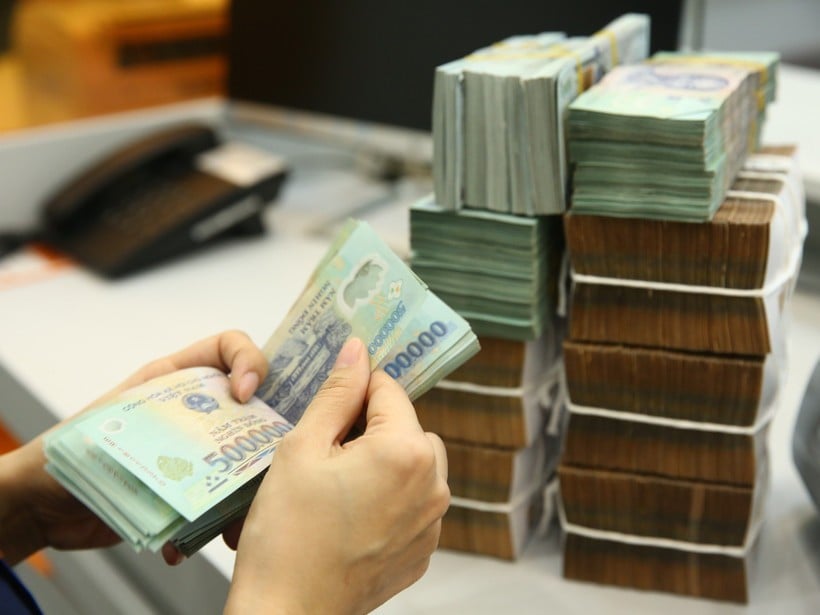
The National Assembly officially passed the Resolution on the International Financial Center in Vietnam at the end of June, Mr. Phil Wright, Senior Director, Banking Division, HSBC Vietnam, said that Vietnam currently possesses a dynamic and promising economy , with a young workforce, a rapid increase in the application of high technology and foreign investment flows. This opens up great opportunities for Vietnam to develop into an international financial center, not only to strengthen the capital market but also to create an ecosystem that promotes innovation, competitiveness and sustainable growth.
To realize this ambition, HSBC experts believe that Vietnam needs to learn from the experiences of other international financial centers, thereby building a suitable legal and policy foundation, encouraging innovation while still ensuring the necessary stability. Below are recommendations for Vietnam to turn this ambition into reality, unleashing a wave of innovation in the economy.
One of the key factors that helps international financial centers thrive is transparency in regulations. The UK is a good example of building a clear and effective legal framework.
Specifically, in 2016, the UK Financial Conduct Authority (FCA) implemented the "sandbox" - a testing mechanism that allows FinTech companies to test new products under the supervision of the authorities. Since then, more than 1,000 companies have participated in this mechanism, helping to attract investment capital, grow and improve technology products.
According to Mr. Phil Wright, Vietnam can apply a similar model, thereby sending a strong message that innovation experimentation is encouraged, but must comply with clear legal regulations and have close supervision. This will create confidence for investors and the startup community, and at the same time help the international financial ecosystem in Vietnam develop more strongly.
Beyond transparency, consistency in policy and regulation is crucial for companies to sustain and scale their operations. Singapore is a prime example of consistency in financial policy. The Monetary Authority of Singapore (MAS)’s Guardian Project has tested the tokenization of assets in the capital markets through long-term pilots, ensuring that innovative initiatives can grow sustainably.
Vietnam can learn from Singapore’s experience, maintaining a stable and consistent roadmap in financial regulations, thereby building trust and long-term development momentum for the business community and investors. Building long-term, transparent and consistent policies will help Vietnam not only attract investment, but also help innovation initiatives develop stably and sustainably.
Innovation cannot be developed in isolation, according to HSBC experts. Hong Kong has proven that a collaborative ecosystem, where FinTech companies, banks, investors and educational institutions work together, is an important factor in promoting innovation. Spaces such as Cyberport and technology parks in Hong Kong not only provide capital, but also connect companies, helping start-up ideas develop quickly and scale in the market.

Vietnam can create similar clusters, connecting FinTech companies, banks, investors, telecom service providers and universities. Close collaboration between the public and private sectors will help create an innovative financial ecosystem where innovations are tested and developed, thereby creating new opportunities for jobs and attracting talent.
Balancing innovation and stability
Building an international financial center is not an easy process, especially when it comes to balancing innovation and stability. A financial system that is “highly innovative but low in stability” can cause problems such as speculative bubbles or lack of supervision, while an environment that is too stable can stifle innovation.
“Vietnam needs to find a balance between encouraging innovation and protecting financial stability. Policies need to create an environment that is easy to experiment but not too permissive so that potential risks do not get out of control. Stability and flexibility in management will be important factors in helping Vietnam build a sustainable international financial center and attract global investors,” said Mr. Phil Wright.
According to Mr. Phil Wright, an indispensable factor in building an international financial center is compliance with international standards. This not only creates uniformity in international transactions but also helps Vietnam attract companies and investors from all over the world . International standards in areas such as anti-money laundering, cyber security and personal data protection will help build a transparent, safe and trustworthy environment for investors.
Adopting international regulations will not only ensure that Vietnam meets global requirements but also help attract multinational companies, financial institutions and international experts. This is very important for building Vietnam as an international financial center.
Finally, according to HSBC, an international financial center cannot thrive without high-quality human resources. Vietnam needs to increase investment in education, training and career development to create a workforce with skills in areas such as data analytics, cybersecurity, risk management and financial engineering.
Cooperating with universities, professional bodies and start-up organizations to train and develop generations of leaders in the fintech field will be an important factor in helping Vietnam build a strong human resource to serve the development of an international financial center.
Vietnam has a great opportunity to develop into a vibrant and sustainable international financial center. By combining transparency, consistency, cooperation and policy stability, along with adherence to international standards and investment in talent development, Vietnam can create an environment that is conducive to innovation, attracting investment and enhancing its international standing.
This journey will require patience, vision and close cooperation between government agencies and the business community. However, if Vietnam can implement these strategic steps, the result will be a thriving international financial center, contributing to the prosperity of the economy and enhancing Vietnam’s position on the global financial map in the coming decades./.
Source: https://baolangson.vn/khoi-day-tiem-nang-tai-chinh-quoc-te-cua-viet-nam-nhung-buoc-di-can-thiet-5061917.html



![[Photo] Conference of the Government Party Committee Standing Committee and the National Assembly Party Committee Standing Committee on the 10th Session, 15th National Assembly](https://vphoto.vietnam.vn/thumb/1200x675/vietnam/resource/IMAGE/2025/10/15/1760543205375_dsc-7128-jpg.webp)

![[Photo] Many dykes in Bac Ninh were eroded after the circulation of storm No. 11](https://vphoto.vietnam.vn/thumb/1200x675/vietnam/resource/IMAGE/2025/10/15/1760537802647_1-7384-jpg.webp)
![[Photo] The 18th Hanoi Party Congress held a preparatory session.](https://vphoto.vietnam.vn/thumb/1200x675/vietnam/resource/IMAGE/2025/10/15/1760521600666_ndo_br_img-0801-jpg.webp)



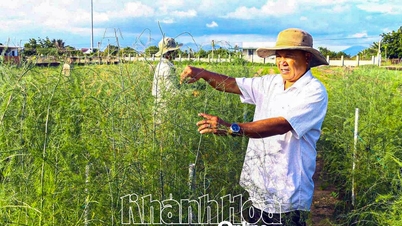



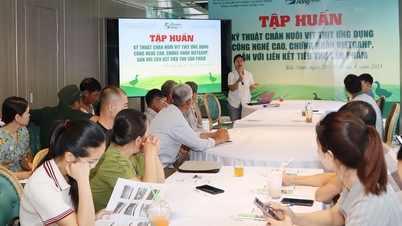

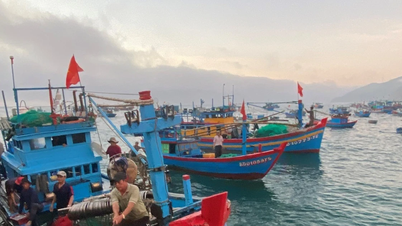





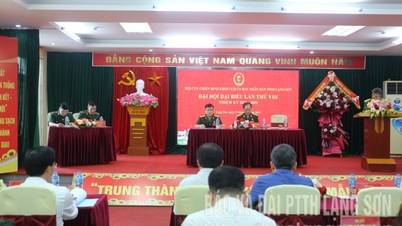


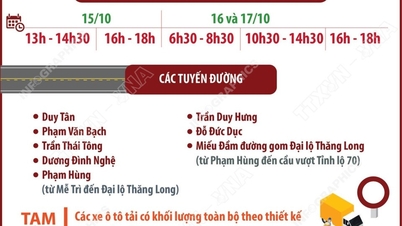
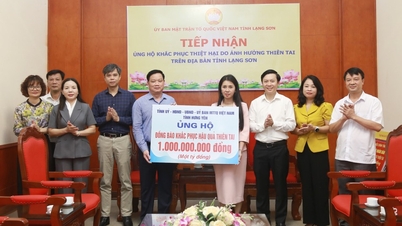















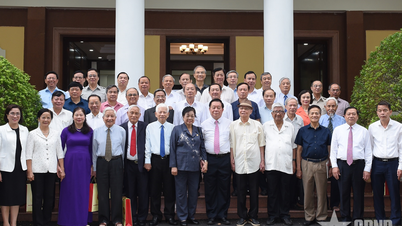

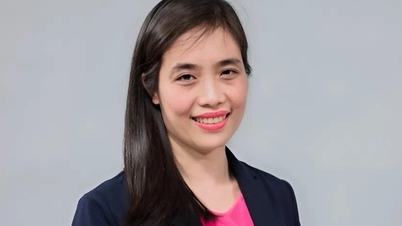




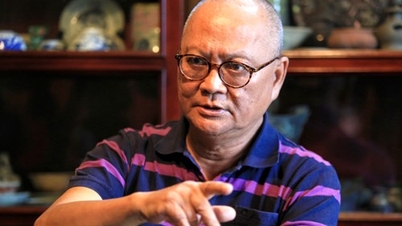
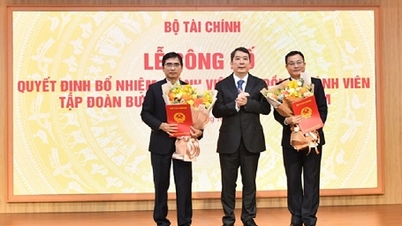

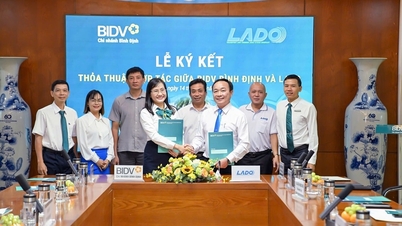











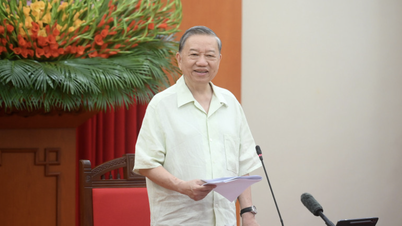


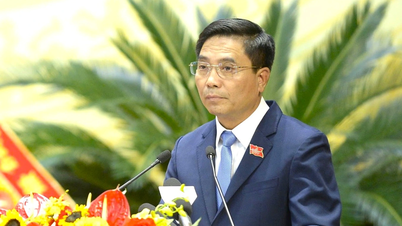
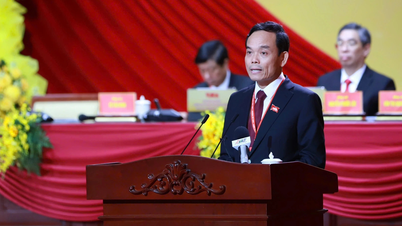
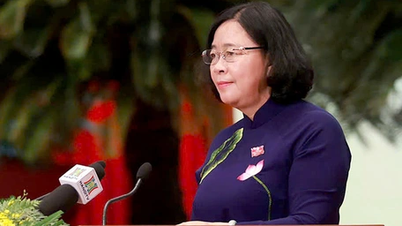

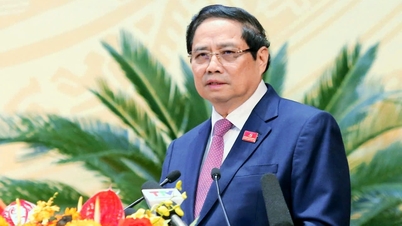
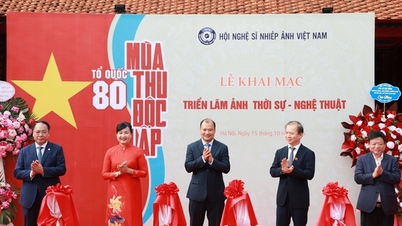


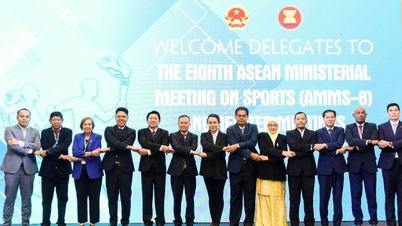
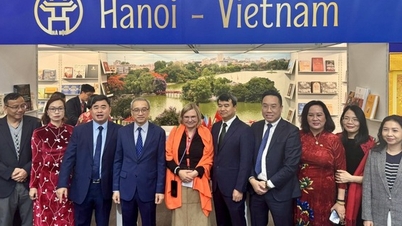
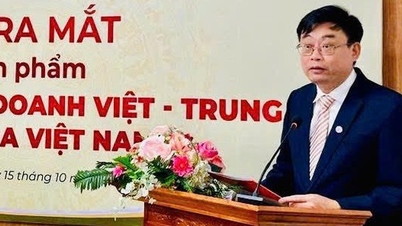

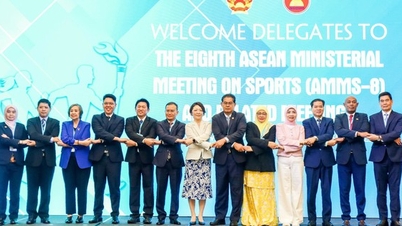
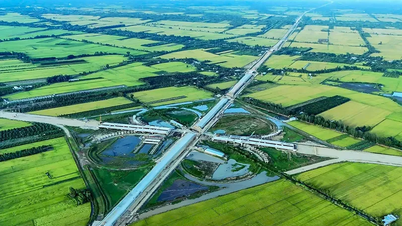




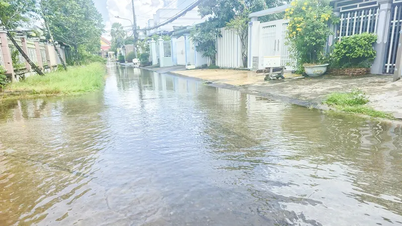
















Comment (0)